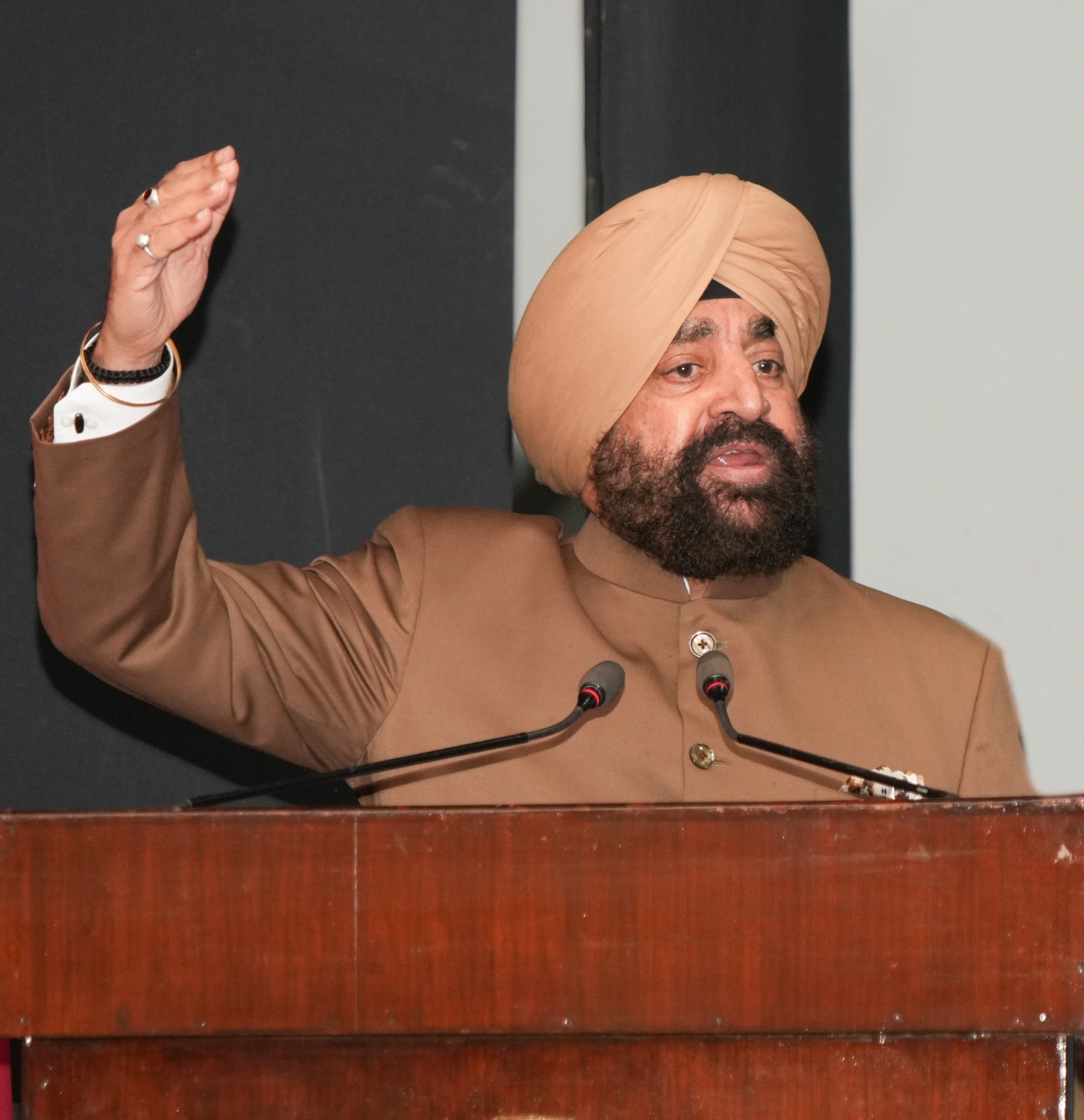Dehradun, August 30 (HS). Governor Lieutenant General Gurmeet Singh (Retd.) said that it is a historic step to remove various old and unnecessary laws that have been in place for centuries and implement new criminal laws according to the current situation. The new laws will further strengthen the concept of justice and will help the police and courts on a large scale in making the process of getting justice more simple and accessible.
The Governor said this in a seminar organized in connection with the new criminal laws at Raj Bhavan on Friday. In this seminar, legal advisor to Governor Amit Kumar Sirohi, Vice-Chancellor Uttaranchal University Prof. Rajesh Bahuguna and prosecution officer Javed Ahmed gave presentations about three new laws, Indian Justice Code-2023, Indian Civil Defense Code-2023 and Indian Evidence Act-2023. The speakers gave information about the need and impact of the new laws, the basic concept of criminal laws and its development, basic changes in criminal laws etc.
The Governor said that these three laws made with Indian spirit will bring a huge change in our criminal justice system. Now our justice system will be completely indigenous which will operate according to the laws made by India, for India and by the Indian Parliament. These laws reflect the commitment to eradicate the mentality of slavery.
He said that the new justice system will promote state-of-the-art technology to provide transparent and speedy justice to all. The new laws have been brought on the basis of the basic principles of justice, equality and fairness and forensic science has been given great importance in them. The new laws will strengthen the law and order along with protecting the rights of citizens. He said that it is important for everyone to know about these laws.
On this occasion, Secretary to Governor Ravinath Raman, Additional Secretary Swati S Bhadoria, Deputy Secretary G.D. Nautiyal, Finance Controller Dr. Tripti Srivastava, Raj Bhavan officers/employees, police department employees and law college students were present.
 look news india
look news india
